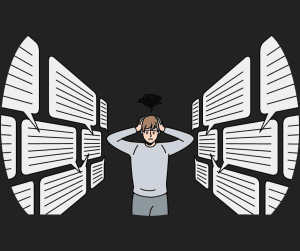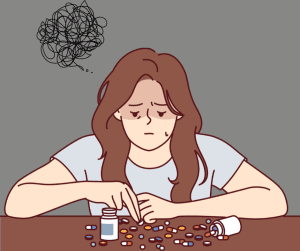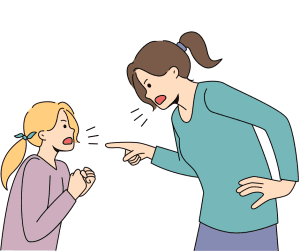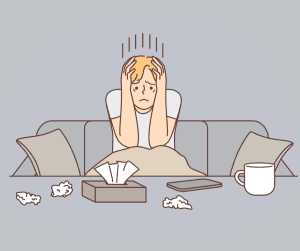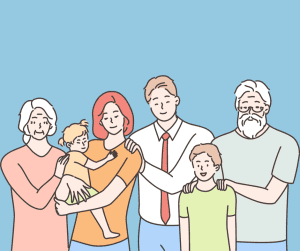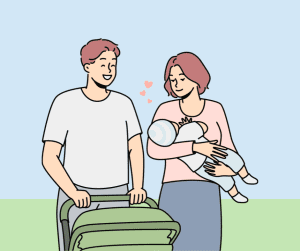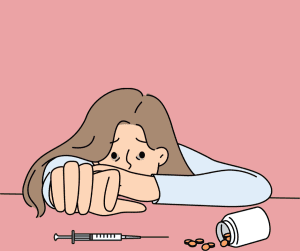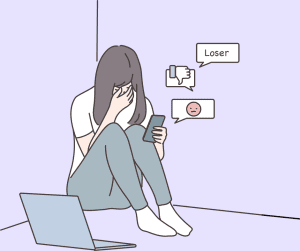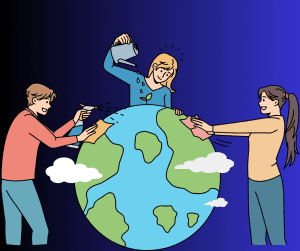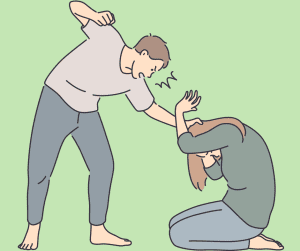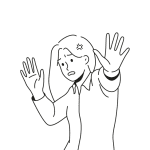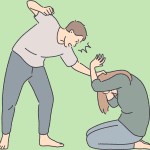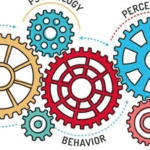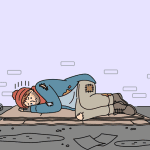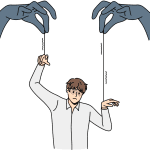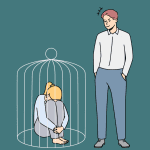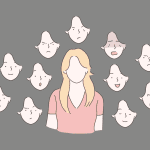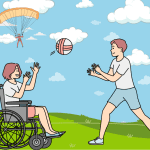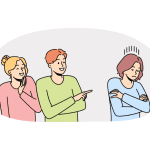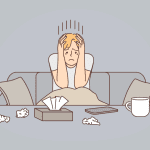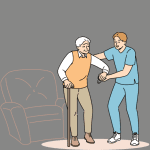What is hate speech?
Hate Speech is best described as speech that attacks, threatens, or insults a person or group on the basis of national origin, ethnicity, color, religion, gender, gender identity, sexual orientation, or disability. Hate speech goes beyond simply disliking, teasing or being annoyed with someone. It can bring about a negative change in the way different groups of people are seen and treated.
Examples of hate speech include:
- Morally incorrect jokes that are aimed at minority groups.
- Discriminatory cartoons.
- Statements made with the belief that you’re superior to another.
- Offensive insults referring to a group.
- Intimidating actions that insult minority groups.
Where does hate speech happen?
Hate speech can happen anywhere; on the street, in schools, at home, at work or in places where people get together. With the use of technology, hate speech can be spread through social media, music videos, radio, television and online blogs.
Why does it matter?
Hate speech can be circulated by anyone you come into contact with including family, friends and neighbours. In many cases the conversation that takes place is an unintentional sign of general attitudes within the community. However, you may find others that intentionally incite hatred.
In both cases hate speech will hurt the feelings of others and make them feel excluded from society, even though they have the same rights as others within the community. To people who are not affected by hate speech it may seem harmless and be classed as a joke; but it can also be a serious issue that causes people feelings of distress. In more serious cases hate speech develops into hate crimes whereby the victim is subject to incidents such as: physical assault, damage to property, bullying, harassment, murder and policy changes that purposely exclude them.
What can be done to stop hate speech?
There is no quick fix to hate speech as it has the ability to be passed on from generation to generation. However, being aware of and recognising people’s differences and welcoming social changes can help us move towards building a more tolerant and safer society.
- Act – The Government, NGO’s, schools and youth centres could continue to help create more programmes that raise awareness of minority groups. This would include public debates in which fears about these groups can be ended.
- Unite – Malta should continue to unite with other countries throughout the world to actively campaign against hate speech.
- Empower – Minority groups should continue to be provided with the necessary support to integrate into the community.
- Inform – Raise awareness of hate speech through meetings and workshops.
- Educate – The media can help stop hate speech by promoting a culture of acceptance, allowing all individuals within the community to understand the differences in every minority group.
- Respect – Schools/teachers should continue to advocate that students not participate in the distribution of hate speech.
- Speak up – If you hear anyone insulting a group of people based on their religion, gender etc, you could tell them to stop. This will help to spread the view that the use of hate speech is the wrong thing to do.
- Share – Continue to give minority groups a voice by allowing them to set up campaigns that call for law and policy changes.
Tackling hate speech will not be easy but by changing people’s attitudes,and by teaching social acceptance we can help others include those from minority groups.In doing this we will be working towards a society where everyone feels as though they belong. If we work together, we can make a change for the better.
